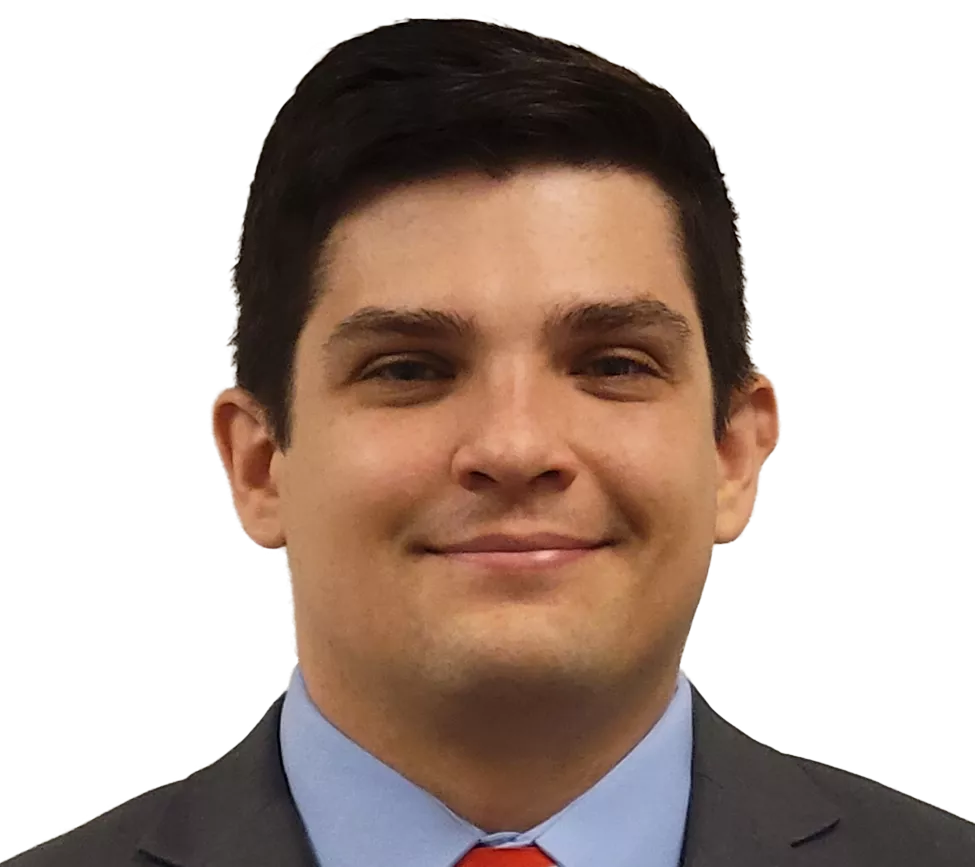

- Ph.D., Civil Engineering, University of Kansas, 2022
- M.S., Civil Engineering, University of Kansas, 2020
- B.S., Architectural Engineering, University of Kansas, 2017
- Lecturer – Civil, Environmental, and Architectural Engineering, University of Kansas – 2023
- Madison and Lila Self Graduate Fellowship – 2019-2023
- Civil Engineering Outstanding Graduate – 2022
- American Society of Civil Engineers (ASCE) – 2017 – Member
Dr. Yount's areas of expertise include fatigue and fracture of ferritic steels, optical analysis, building and bridge structural systems, matrix analysis, and material science. He has extensive hands-on experience in designing and operating material characterization programs, including stress-strain, fatigue, impact, and cleavage fracture testing in accordance with ASTM standards, and the design and evaluation of weldments in accordance with AWS. He also has experience in steel framing and connection design in accordance with the AISC Steel Manual and ASCE building codes, the use of statistical modeling and Monte Carlo simulations, and nondestructive examination of welds.
As a Madison and Lila Self Graduate Fellow at the University of Kansas, Dr. Yount's research focused on characterizing the fracture toughness in the heat-affected zone of welded highway bridge steels. The test program featured one of the largest single cleavage fracture databases assembled and examined the interactive effects that weld heat input, cooling rate, and steel chemistry have on the mechanical properties of the weld and heat-affected zone. In the process of this work, he developed specialized knowledge of cleavage fracture of ferritic materials and the analysis of fracture toughness using the master curve methodology. This study also gave him hands-on experience with designing test setups and operating servo-hydraulic systems.
Prior to his time in graduate school, Dr. Yount worked as a structural design intern in the data center industry, where he was tasked with the design of several tons of steel framing and connections. His responsibilities included member selection, the creation of structural models, connection design, and the preparation of design documentation.